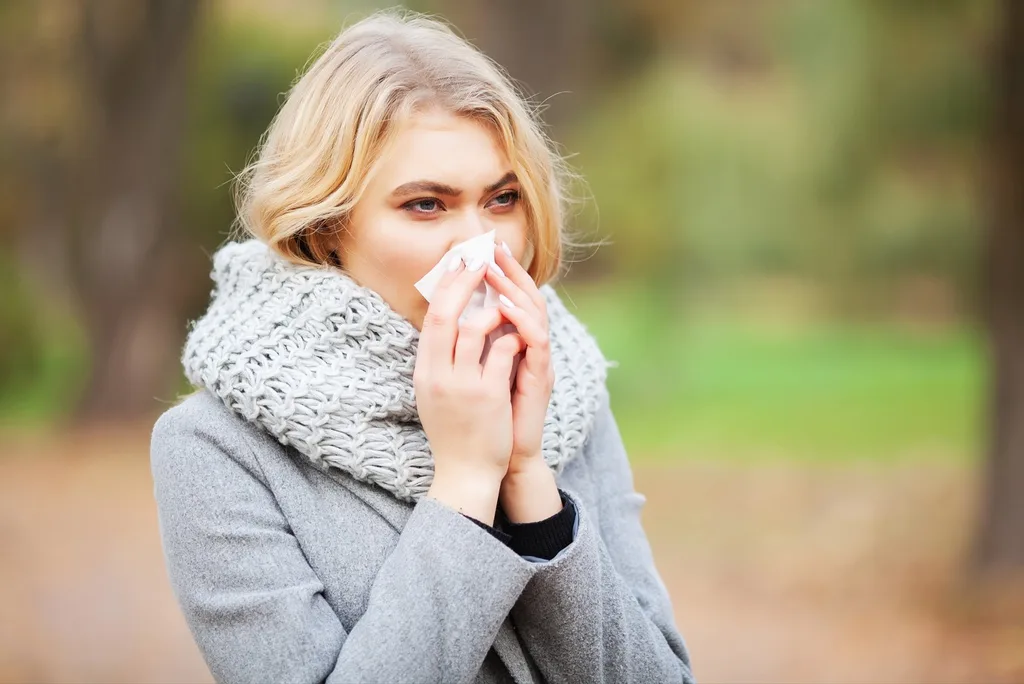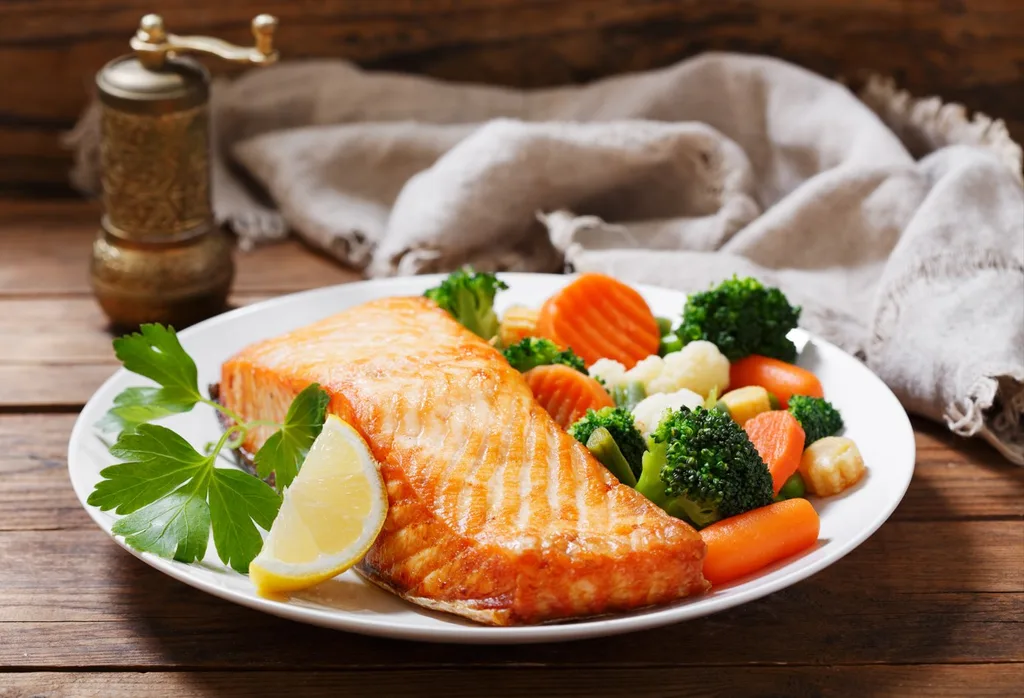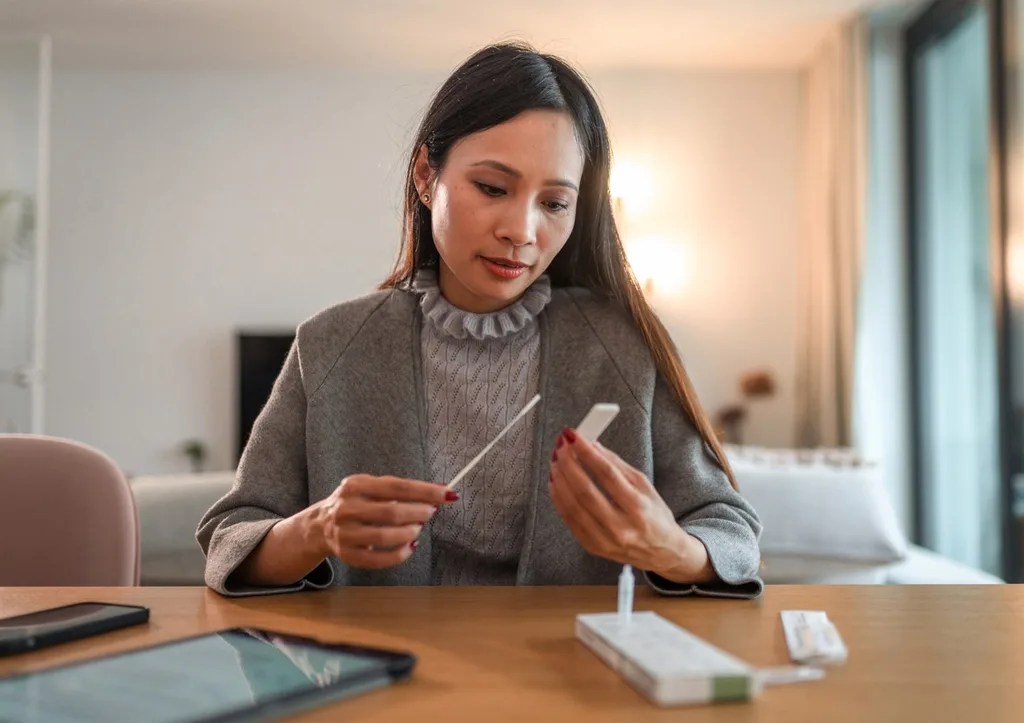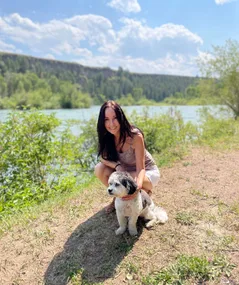Considering that COVID-19 has been around for almost five years, you’d think we’d be clear on dealing with this highly contagious virus.
But GP Dr Caroline Hardy says there are still plenty of myths and misconceptions that can keep people from the best chances of a full and fast recovery.
So, with a surge of COVID cases happening this winter, it’s a good idea to bone up on COVID recovery basics.
Firstly, Dr Hardy says if you have any symptoms of COVID – even if you think you’re just rundown, or that it’s probably just a cold or allergies – it’s important to get tested.
The main symptoms are cough, sore throat, fever, blocked or runny nose, body aches and pains, and sometimes nausea and diarrhoea.

“I think people are a little bit COVID-exhausted, so they sort of want to ignore it and just treat it as if it was a cold – and in a lot of cases, that’s okay,” she says. “But if you get any of the serious complications, you’ve got to know that you had COVID to start off with because then we can escalate investigations quicker. So knowing that you’ve got COVID is still very important.”
If you test positive for COVID, here’s how to give yourself the best chance of a speedy recovery, and lessen your chances of getting long COVID.
Supporting your recovery from COVID-19
If your symptoms are mild, the best way to recover from COVID is still care at home.
Make sure you isolate to avoid infecting others – COVID can be dangerous for senior citizens, people who are immunocompromised or those who have certain health conditions.
To recover from COVID as quickly as possible, Dr Hardy recommends rest, drinking lots of water and eating a nutrient-rich diet with “plenty of vegetables with zinc, iron and enough protein, like meat, fish and chicken – those kinds of things are really good for your immune system”.
She adds: “Nowadays, doctors are also prescribing probiotics because it does help the gut microbiome reset.”

If you get very severe symptoms, including breathlessness, chest pain, heart rate disturbances, coughing up blood, severe headaches, fainting or cold and pale skin, see a doctor as soon as possible.
“People have sort of forgotten that there are some serious side effects of COVID, and if they get any of those things, they need to be seeing a doctor straight away,” Dr Hardy says. “You may be missing something that will speed up your recovery, or you may have more than one infection at a time.
“We do lots of swabs in our practice for respiratory viruses and it’s quite interesting to see how often people have more than one at a time, and that can mean that they get sicker.”
Being up-to-date with COVID vaccinations means you’re much more likely to recover quickly if you do contract the virus, and it also reduces your chances of getting debilitating long COVID, she adds.
Do I have long COVID?
In 10-20 per cent of cases, COVID symptoms don’t disappear after three months, which is known as long COVID.
But you don’t need to wait that long to get support.
Dr Hardy says if your symptoms are still hanging around after eight weeks, see your doctor (via Telehealth).
“So people who have fatigue or tiredness persistently, a chronic cough, chronic shortness of breath or mood changes after COVID, you probably need to have a chat to your doctor,” she says. “It can take some time, but it is something that you get better from.”


